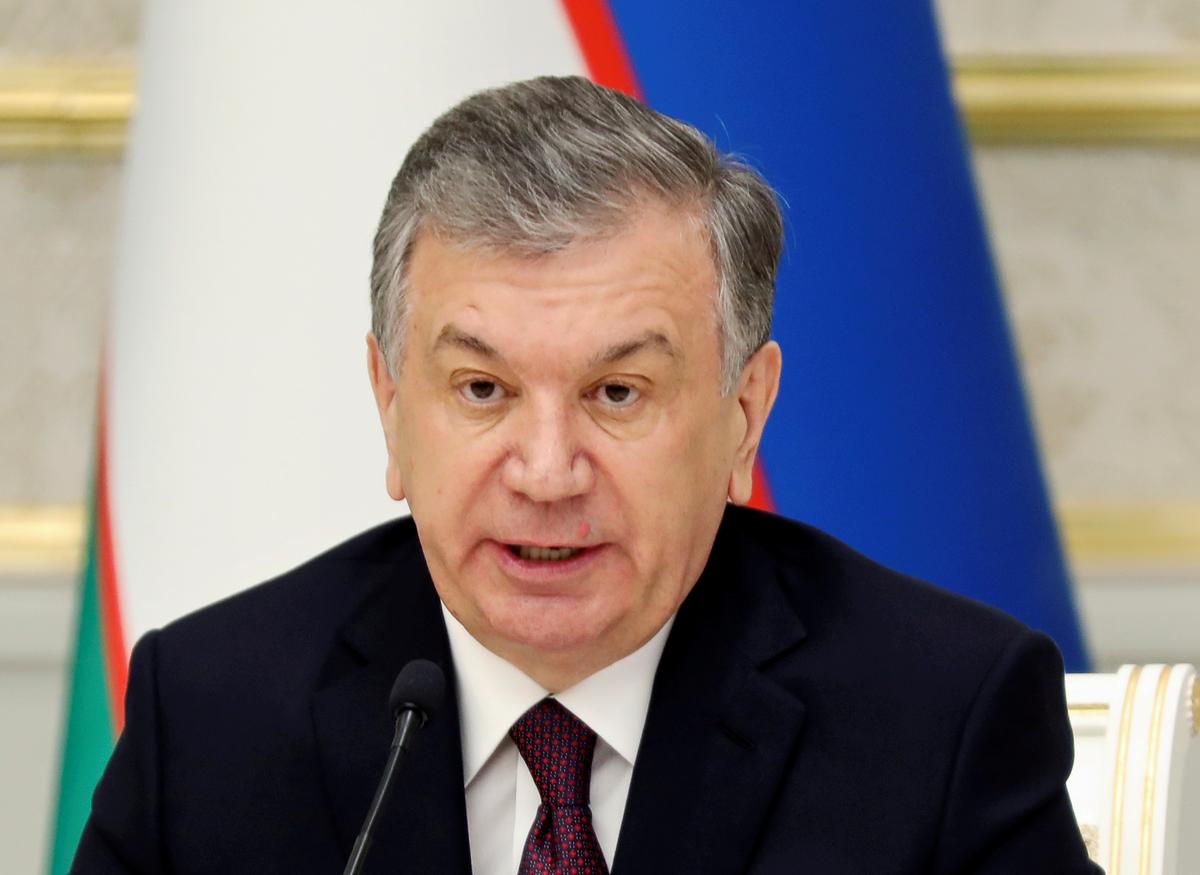
A coalition of human rights groups known as the Cotton Campaign said on Thursday it was too early to lift a boycott of Uzbek cotton despite Tashkent’s progress in eradicating forced labour and its request to take the global recession into account.
The Uzbek government estimates that ending the boycott, which is supported by more than 300 apparel manufacturers and retailers, could let the country earn an extra $1 billion this year alone by selling cotton and textiles on Western markets.
In an open letter to the Cotton Campaign leadership, Uzbek labour minister Nozim Khusanov urged it on Thursday to consider both the progress made by Uzbekistan in eradicating forced labour and the country’s economic circumstances.
“Lifting of the cotton boycott is one of the few measures that could quickly generate much-needed jobs and support the economic wellbeing of Uzbeks during the COVID-19 crisis,” the government said in a statement.
“Textile production alone employs 200,000 workers in Uzbekistan; their wages support the livelihoods of one million people.”
But the Cotton Campaign said in a statement on the same day that only complete eradication of forced labour along with civil society reforms such as registering NGOs that monitor worker rights would prompt it to lift the boycott.
“ZERO TOLERANCE POLICIES”
“The issue is less whether to end the Pledge - but when and how - and above all, how ending it can become a catalyst for responsible sourcing and investment in a reforming Uzbekistan,” said Cotton Campaign co-founder Bennett Freeman.
Nate Herman, senior vice president of American Apparel and Footwear Association, said “additional assurances” of worker protections were required.
“We recognise and are heartened by the historic progress that Uzbekistan has made toward ending forced labour and members look forward to considering sourcing from Uzbekistan,” said Herman.
“However, given brands’ zero-tolerance policies on forced labour, anti-slavery legal requirements, and the International Labour Organisation’s finding that more than 100,000 people were in forced labour during Uzbekistan’s 2019 cotton harvest, brands need additional assurances of worker protections.”
The group also said the coronavirus pandemic which “has had a devastating effect on the apparel industry worldwide, with steep drops in production orders, defaults on existing contracts, and layoffs of apparel workers” presented another barrier for brands to initiate new sourcing deals in Uzbekistan.
The boycott campaign was launched in 2006 in an attempt to force Uzbekistan to abandon a long-running practice of sending students and public sector employees, including teachers and doctors, to pick cotton for meagre pay.
It has been supported by the likes of Amazon, Calvin Klein, Adidas and Inditex, and today the nation of 34 million people mostly sells cotton and textiles on Asian markets, which it says means lower prices and limited growth opportunities.
President Shavkat Mirziyoyev, who came to power in 2016, has gradually dismantled the forced labour system, explicitly barring provincial authorities from mobilising students and public sector workers for cotton harvesting.
Last month, he signed a decree abolishing the system under which provinces were obliged to meet cotton production targets set by the central government.
The Uzbek government said it expected to boost textile exports to $3 billion this year from $2 billion in 2019, but if the boycott was lifted, export volumes could double year-on-year.
Original source: REUTERS




